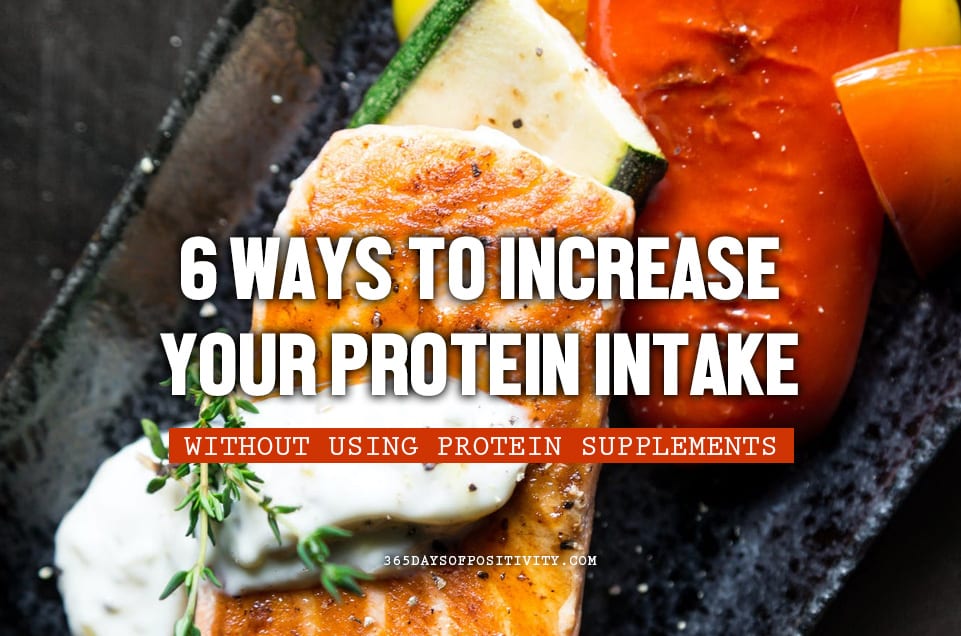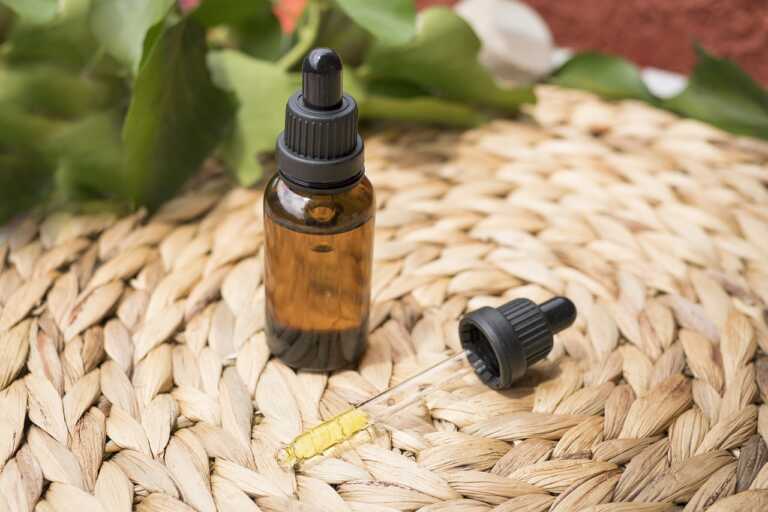There are at least 10,000 different types of protein in your body. Proteins consumed in the right amounts can help you shed off some pounds, keep heart diseases at bay, and promote healthy muscle mass gain.
It is recommended that women take at least 46 grams of protein daily and men take 52 grams of protein daily for maximal proper body functioning. Proteins also form major enzymes and co-enzymes that are a must if you are to have appropriate metabolism reactions in your body.
This article gives a brief rundown on the different natural protein sources that you can consume to increase your daily protein intake. Protein is very important to our body, whether you are an athlete or not, and these natural sources of protein in the lines below are oftentimes cheaper than protein powders and even tastier.

Natural protein sources
Edamame
These are the immature forms of soybeans, which are usually harvested before they get hard and ripe. They provide a rich source of protein, with these seeds containing at least 12% protein content. They are easy to cook, taking at least 5-10 minutes to be ready.
They are not only a cheap source of natural protein, but they also contain antioxidants that reduce and prevent the free radicals produced in your body that are responsible for skin wrinkling and development of diseases in your body.
Serve these crunchy immature soybeans with a bowl of rice or noodles for a healthier balanced diet.
Whole eggs
Having eggs in your morning diet should be on your top list of things to do. They are rich in protein and contain loads of vitamins and minerals essential for your body. The egg white is purely made of protein, and having at least one egg provides your body with 6 grams of protein.
It is recommended that you take 2-3 large eggs per day, more specifically for your breakfast, for a full feel throughout the day. Complement your egg diet with a bit of carb and a fresh glass of natural juice for a more robust day. A little fiber in the form of leafy vegetables also doesn’t hurt as a side dish to your egg breakfast!
Greek yogurt
Consuming a glassful of yogurt regularly supplies your body with high valuable proteins and helps boost your immune system, as well as improve your digestion. Strained yogurt, commonly referred to as Greek yogurt, has a minimum of 15-20 grams of proteins in a 6-ounce serving.
It also induces the release of hormones that make you complete for long periods after its consumption. Consuming Greek yogurt with fruits and other healthy snacks is highly recommended. Purchasing a no added sugar type of Greek yogurt is profoundly endorsed. Especially white, unflavored Greek yogurt, is often very cheap.
Chicken breast
A typical chicken breast with skin contains at least 31 grams of proteins, and when skinless, it contains 53 grams of proteins. The chicken breast does not only provide a bountiful source of protein, but it has vitamins B and D, which bolsters your body’s immunity and bone-strengthening, respectively, especially in children.
Chicken breasts are an excellent choice for diabetics who want to gain muscle mass, as they contain a large amount of protein and zero carbohydrates. In addition, if you find the chicken breast too dry, make a delicious dip of Greek yogurt with garlic or other spices.

Cheese
Amplify your protein consumption by cheesing up your food. Cheese is low in salt and high in calcium, making it a healthy source of protein when consumed in the right quantities. Below is a list of cheeses that are known to be bountiful of healthy proteins.
Cottage cheese
It’s low in fats, and cheese constituting 1% fats can supply your body with 28 grams of proteins per serving.
Mozzarella
This type of cheese contains 8 grams of proteins in 1-ounce. Additionally, it has probiotics like Lactobacillus casei which help reduce cholesterols in your body, keeping your heart healthy. If you don’t like mozzarella itself, try mozzarella with tomatoes and basil, or better yet, baked tomatoes with mozzarella. It’s a dish you should try!
Cheddar
Known for its delectable flavor, this type of cheese contains more fats and calories than any other cheese. It has a protein content of 7 grams per 1 ounce, making it a rich source of natural protein. If you are on a diet, watch how much cheddar you eat, as it is relatively fatty and addictively delicious!

Fish
Not only does fish supply your body with high-quality proteins, but this type of meat has omega 3 fatty acids that are known to improve your brain’s cognitive functioning. Below is a list of fish with plentiful natural protein sources.
Tuna
Reigning supreme in most raw cuisines, it contains 33 grams of protein in 4 ounces per serving, making it an essential source of protein. Since tuna is high in mercury (check mercury levels in different species here,) we should not eat this fish every day, but preferably every other day or twice a week.
Freshwater fish
Freshwater fish also contain a large dose of protein and less mercury than tuna. Some fish, such as carp, have a lot of bones in them, so it’s important to eat with caution.
Key takeaway
Although protein is of the essence when it comes to your general body health, consuming it in large quantities can lead to excessive weight gain, which may predispose you to lifestyle diseases such as diabetes, hypertension, and heart conditions. However, if you decide to eat more natural protein in the form of meat, fish, or dairy products, you will save money and give your body a number of vitamins that are not found in protein powders.





